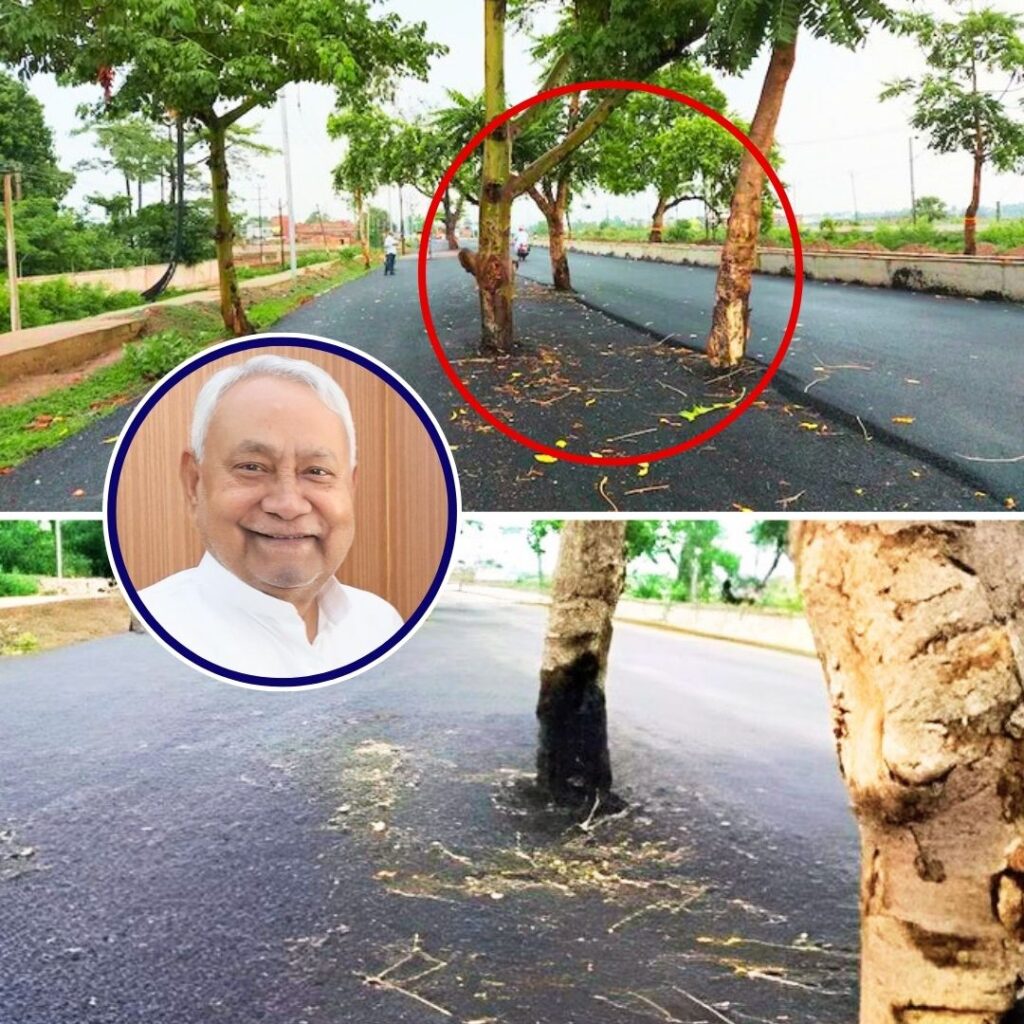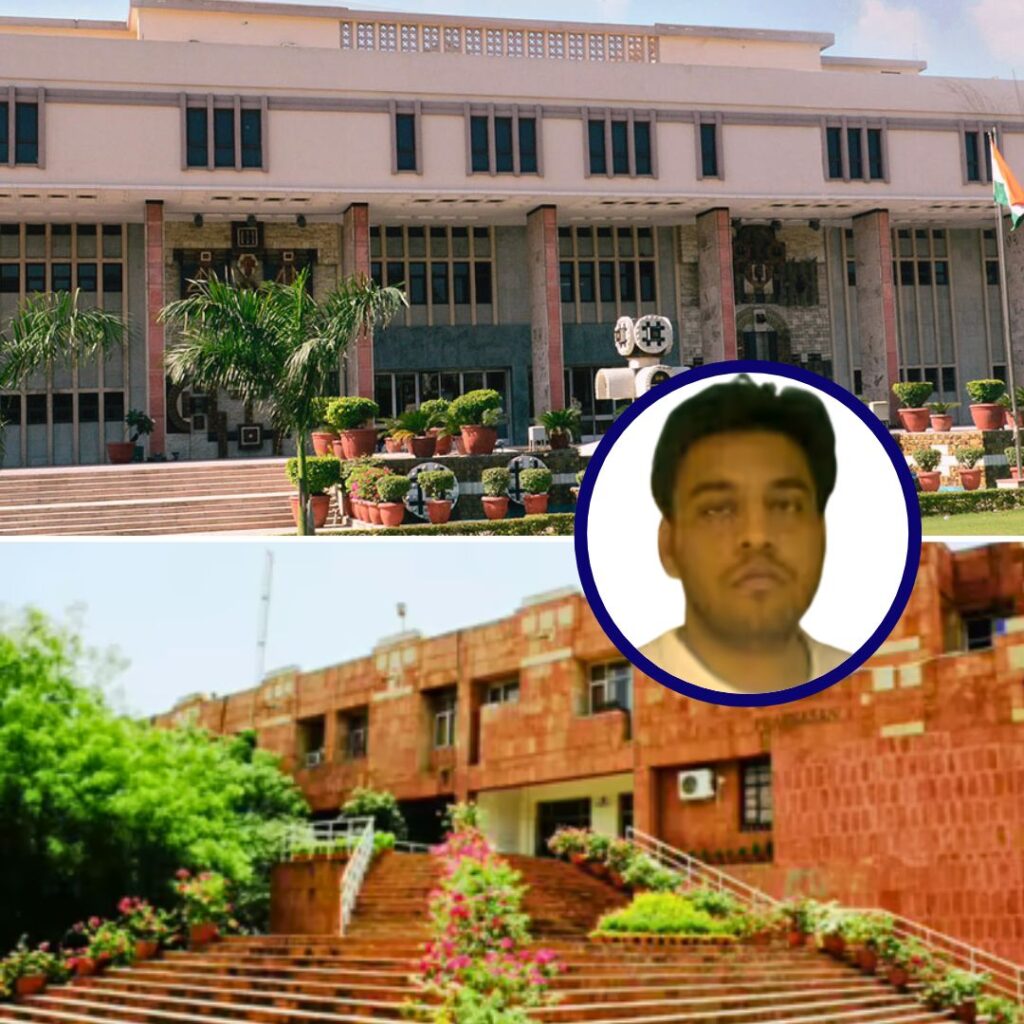A 62-year-old man, Rooplal Marandi, allegedly starved to death on Monday in Deodar district Jharkhand after the biometric reader at the local Public Distribution System (PDS) shop could not read his thumb impression, they weren’t getting any ration for the past two months.
This is the third alleged death in the state for ration card not being linked to Aadhaar.
Marandi’s grandson was the only earning member of the family after his death, the family said that they were depended on government ration.
“But, we did not get ration for last two months as the Aadhaar-linked biometric system didn’t recognise my father’s thumb impression,” Marandi’s daughter Manodi said, reported Hindustan Times.
Because of heavy rains last week, Manodi and her daughter-in-law could not work in the local farmland. The two elder brothers of the deceased were surviving on puffed rice (murhi), while they borrowed food for the children from neighbours, said Monodi.
Mohanpur block development officer Ashok Kumar said that Marandi died of old-age ailments, not of hunger.
“Marandi was suffering from old-age ailments and he had fractured his leg a few months back. I visited his house with a doctor on Monday evening. The doctor also confirmed it to be natural death,” he said, adding, “The family withdrew 15 kg of ration till September but it could not be updated on his ration card. The October ration was pending as family did not come to PDS store.”
The BDO gave the family a sack of 50-kg rice and Rs 10,000.
The Logical Indian take
On September 28, Santoshi Kumari, from Simdega district, Jharkhand allegedly died of starvation after going without food for at least five to six days. Her family’s ration card was cancelled as it wasn’t linked to Aadhaar therefore, the family could not procure ration despite belonging to the Below Poverty Line (BPL) category.
Less than a month after her death, a 43-year-old rickshaw puller, Baidyanath Ravidas, allegedly died of starvation as he did not have an Aadhaar-linked ration card, thus could not procure any food under the government’s welfare scheme.
In both cases, the local administration and the police claim that the deaths were caused due to illness, same as in the case of Rooplal Marandi. But several activists have told The Logical Indian that this is just an attempt to hide facts and evade responsibility.
The government’s entire premise of Aadhaar was helping the poor. They said that it would aid them in receiving social benefits in a better and a more transparent manner. But we’re talking about people who have low technical knowledge, are not adept with the internet and reside in areas with poor network connectivity. Problems like fingerprint mismatch and banks lacking enough branches in rural areas have marred Aadhaar-linked welfare schemes like the public distribution system.
How is Aadhaar the need of the hour when our rural areas lack electricity, water, food, banks and irrigation facilities? Without basic infrastructure and human rights remaining unfulfilled, what does the government truly wishes to achieve with Aadhaar?
For every Indian to be able to feed themselves, food needs to be available, accessible and affordable. Food is our right, not luxury and the government needs to set its priorities straight.
Also read:
Jharkhand: After The Death Of 11-Yr-Old, A Rickshaw Puller Allegedly Dies Of Starvation Jharkhand: 11-Yr-Old Girl Dies Of Starvation As Family’s Ration Card Wasn’t Linked To Aadhaar Jharkhand PDS Minister Accepts That 11-Yr-Old Girl Who Died Of Starvation Was Denied Ration India Slips 3 Ranks To 100 Among 119 Countries In 2017 Global Hunger Index; Behind Bangladesh, Nepal











